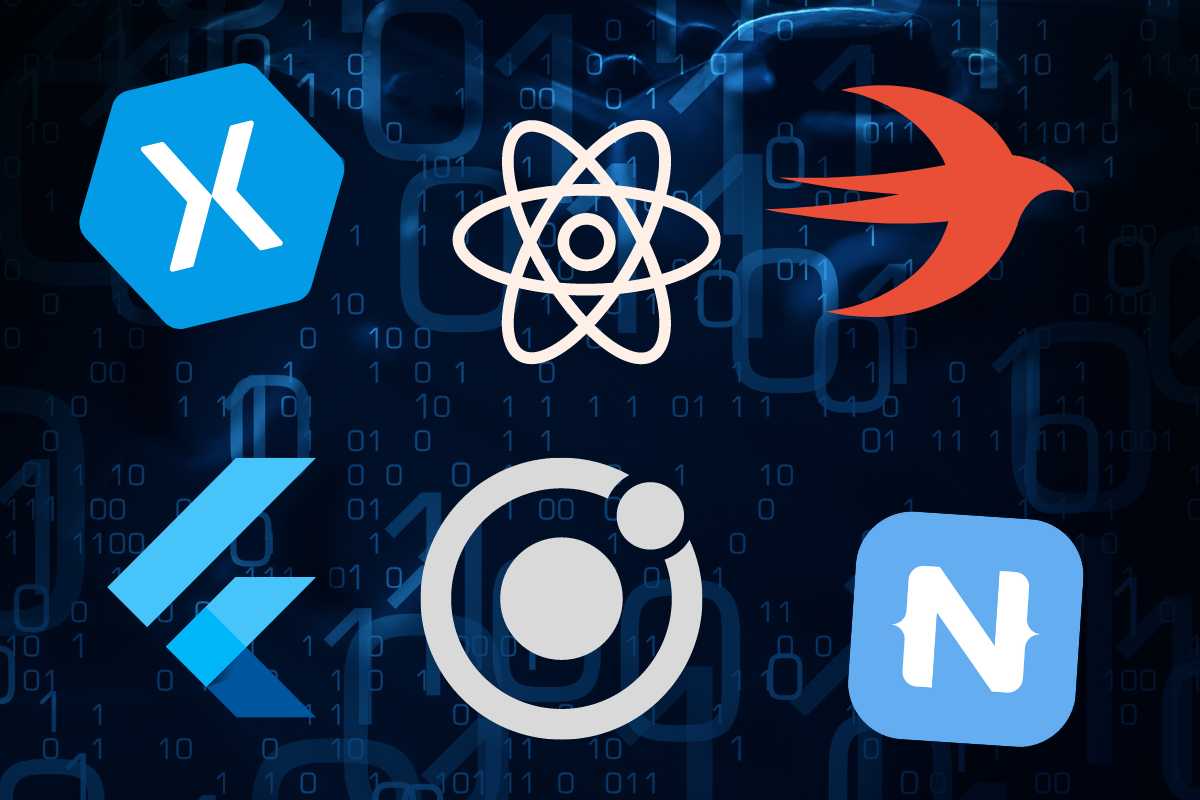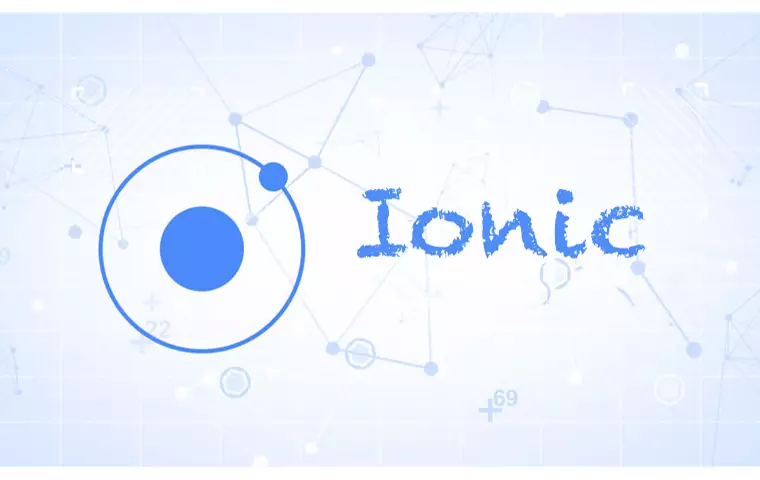


An intuitive content creator in the tech-land of mobile app development
When we describe mobile app frameworks, we’re referring to a software library. Its function is to act as a helper during the process of developing an application for a specific environment.
The mobile application development frameworks serve to boost software reliability, reduce programming time, enhance security, and provide a basis of support by concentrating on the project’s distinctive aspects.
Simply said, mobile development frameworks act as time and money savings. Knowing which framework is best for your company is the most crucial aspect of them. You will have the choice to deal with the difficulties of utilising a software framework by choosing a well-documented and robust user-based assistance. Let’s investigate this world.
It’s best to describe that the mobile app framework is a software development platform that includes tools, compilers, debugging tools, and programming interfaces rather than naming the many frameworks in mobile apps. To create an app for numerous mobile devices, the developer constructs the framework and the source code of the app in a straightforward manner.
We use many coding frameworks. A certain language will be used to create each framework. They simplify the process of creating mobile applications. Here are the top seven, along with positives and negatives.

We have different types of them. From the framework of e-commerce (Magento) to building an online store app by e-commerce mobile app to other well-known ones. Each framework will be built in a specific language, and choosing the best backend technology for mobile apps.
They make the mobile app development process simple. Here are the top 7 of them with pros and cons.
2. Native Script: The open-source framework for native mobile app development. Native means it is precisely for iOS or Android not both of them at the same time. Some of the options are:
3. React Native: The best library written in JavaScript, for building native applications on all devices and platforms.

You can read more about React Native app development in another article.
4. Xamarin: An open-source to manage communication between shared code and platform code.
5. Ionic: Based on the C# programming language, it is one of the best hybrid app frameworks.

6. Unsen UI: a mobile app framework that works with angular, React, Vue, Meteor, and JavaScript.
7. Flutter: by a single codebase, you will build a multi-platform application. It means one programming language and one codebase is enough to create two different apps in iOS and Android. Google introduced this UI toolkit for free in an open-source way. Flutter comes in handy, is simple, and easy to learn for creating mobile app frameworks
"Managing activities is based on tracking all the application interface processes."

Keep in mind Flutter has two essential parts:
Yes. Dart focuses on front end development to create mobile and web applications. This client-optimized language is here for having fast apps on any platform. The other thing about Dart is the support to analyses, format, and test codes. Despite these positive points, not everyone is familiar with the language.
Other productive options are:
Also, there is other connected information about this framework on the mobile flutter cross platform.
The first step is to know the market you target in. you are competing with a wide range of mobile app development companies, so in-depth research will give you a helpful vision. The redemption of mobile app frameworks in the modern time for the modern man is to answer the customer’s demand as quickly, responsively, and simply as possible. All together will bring you an idea to search for the mobile app trends.
The second step is to decide which platform (iOS or Android) and app development (Native, Cross platform or Hybrid) can set your goal. When you choose a cross platform, it is for having a strong effect on iOS and Android, saving time and money. Moreover, it has a big community to support React Native.
Or native one to have a faster development process, providing a higher level of security, features, and responsiveness in a better way you will need the related framework. Sometimes it all depends on the goal target of the audience as well.
Based on the personal experience of the Cyberiatech front end developers on mobile app development frameworks, React Native is the first option to consider. Because it is based on JavaScript and it gives a vast library. It has been around for many years, so it has many packages. Besides,it will perform on both platforms.
We may think of it as a framework around which programmes are constructed. Compiler, debugger, and programming interface are only some of the tools it offers.
How you define “mobile development” will determine the answer. Swift is required if you need a native platform for iOS devices. Alternately, you may utilise Reactnative or Flutter to create a truly cross-platform app.
Python is one of the languages used to develop high-quality software. Python’s Realeval-Print-Loop feature makes it a viable option for developing command-line applications.
Python is, without a doubt, the greatest and most well-established easy-to-learn language, with a wealth of materials, documentation, and tutorials.
Many programmers have faith in and experience with JavaScript. It has mostly supplanted Flutter in a variety of contexts. The advantages and novelty of Flutter ensure a streamlined creation process. Which one is more lucrative is up to you.
In the beating world of mobile app framework, you need consider what option is more important for you. We tried to give you some important and helpful information about mobile application development frameworks to brighten your way with open eyes to decide.
As a software development company, we can offer you what is functionally needed. You have an idea. Let’s put it in the case of mobile development frameworks to find the best solution, publish your product in the market, and save a place to grow.
Your brilliant cookie idea will become believable when you have a supportive and expert mobile application development team. So get a quote, explore the services on our website, and share what you think.
Recommended Posts

2 Responses
What are some of the limitations and challenges associated with using mobile app frameworks in the development process, and how can developers address these issues to ensure successful app deployments?
Limitations and challenges associated with using mobile app frameworks include potential performance trade-offs, platform-specific limitations, and compatibility issues with new OS versions. To address these concerns, developers can optimise critical code, utilise native code when needed, stay updated with the latest framework versions, and proactively test the app on different devices and operating system versions to ensure successful app deployments.